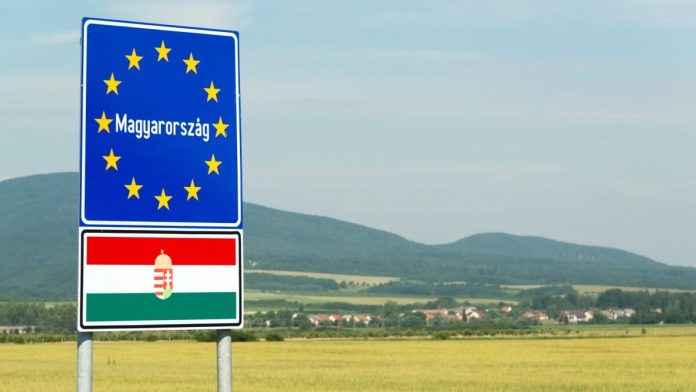Hungary has expanded its National Card programme to include citizens of Russia and Belarus, which has raised concerns in the EU, IntelliNews reports.
The National Card is issued in Hungary to individuals who wish to work there for two years, with the possibility of extending their stay without undergoing security checks under a fast-track procedure. Participants in the programme can also bring their families to Hungary. After three years, they can apply for a permanent residence permit.
The card holder is not officially a guest worker and does not appear in statistics and various national quotas. The scheme was also extended to citizens of Montenegro, Moldova, Bosnia and Herzegovina and Northern Macedonia. Initially, only Ukraine and Serbia participated in the programme.
Manfred Weber, chairman of the European People’s Party in the European Parliament, sent a message to European Council President Charles Michel, saying Budapest’s decision raises “serious concerns about national security.” He called on EU leaders to “take the strictest measures to urgently protect the integrity of the Schengen area.”
Weber said the new rules “create serious loopholes for spying activities, posing a serious risk to national security.” His letter said:’
“This policy could also make it easier for Russians to move around the [borderless] Schengen area, bypassing the restrictions required by EU law.”
Baltic countries have also expressed concerns
The Baltic states also criticised Budapest for the move, saying the ruling endangers the security of the Schengen Area.
Hungary’s top diplomat responded by accusing them of launching a disinformation campaign. Péter Szijjártó said the government’s move “does not in any way weaken the strict security controls for incoming Russian and Belarusian citizens.”
The change in the National Card programme is linked to the government’s reindustrialisation strategy, according to the liberal Momentum party, which regrets that the government has refused to help the hundreds of thousands of Hungarians who have left the country over the past 10 years, instead increasingly filling gaps in the labour market with foreign workers.
Migration rules tightened, but the door for migrants is open
The government tightened immigration rules in December, but at the same time left the door open for guest workers to come in to ease a severe labour shortage in the economy. Hungary’s active labour force is shrinking by 30,000-40,000 every year.
The government has set an annual quota of 65,000 guest workers, far below the number of open positions. In 2022, fewer than 40,000 permits were issued.
The Helsinki Committee seems to agree with the cabinet on this particular issue. The NGO reports that it is in contact with several Russian and Belarusian clients who want to leave their countries. They note that if these people were forced to return, they would likely face torture, conscription or imprisonment.
The Helsinki Committee argues that even with the National Card, these people are not exempt from national security checks, and national security considerations are still taken into account in their long-term stay in Hungary.
Foreign security analyst Anton Bendarjevskiy also holds this opinion. To participate in the programme, applicants must provide proof of income, residence and a letter from their employer, and the scheme will not lead to an increase in Russian espionage activity, he believes.
Hungary, unlike its EU colleagues, has not expelled a single Russian diplomat since the start of the military conflict in Ukraine. On the contrary, their number has increased over the past two years.
